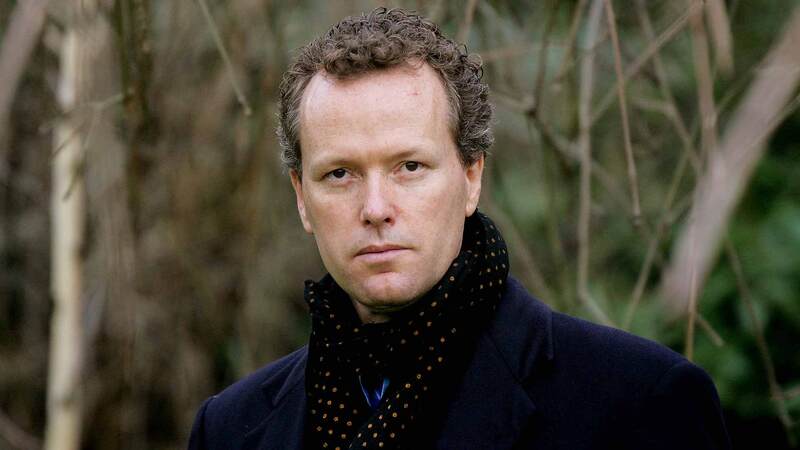You are viewing your 1 free article this month. Login to read more articles.
'Climate strike' named Word of the Year by Collins Dictionary
Collins Dictionary has revealed its word of the year is “climate strike” after the form of protest took off in 2019 thanks to Greta Thunberg and Extinction Rebellion.
The choice was revealed in a list of new and notable words compiled by Collins lexicographers. “Climate strike” was first registered in November 2015 when the first event of that name took place to coincide with the UN Climate Change Conference in Paris. Over the last year they have spread, with Collins observing a 100-fold increase in its usage in 2019, the largest rise of any word on the list.
Other picks include “rewilding”, the practice of returning land to wild state, ‘bopo’, short for body positivity, and “hopepunk”, a word used first in 2017 by writer Alexandra Rowland to denote a genre which emphasises the positive messages of hope and optimism, exemplified in TV series like "The Great British Bake Off".
Collins also chose “entryists”, “double down”, “cancelled” and “deepfake” as some of the year’s most notable words. “Nonbinary” and “influencer” made the list too.
Helen Newstead, language content consultant at Collins, said: “It seems an age since we had more light-hearted words of the year such as ‘bingewatch’ and ‘photobomb’, but the politically charged atmosphere of recent years is clearly driving our language, bringing new words to the fore and giving new meanings and nuance to older ones.
“Climate strikes can often divide opinion, but they have been inescapable this last year and have even driven a former word of the year, ‘Brexit’ from the top of the news agenda, if only for a short time.”
For the first time, Collins has also produced a Brexicon – its guide to some of the common words the never-ending political saga has brought to prominence. The guide includes the recently introduced “flextension”, “prorogue” and “cakeism” – defined as a wish to enjoy two desirable but incompatible alternatives.
Newstead said: “The dictionary has no opinion on Brexit, other than to say it has been quite generous in its gifts to the English language, as well as I am sure inspiring the use of many old-fashioned expletives. The Brexicon could be even longer, but we feel our selection sums up many of the key themes since Collins named ‘Brexit’ Word of the Year in 2016. As the process continues through this latest ‘flextension’, no doubt more words will emerge until we come to a ‘Brexend’.”


















